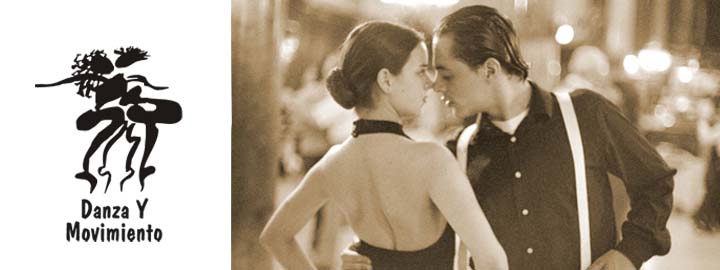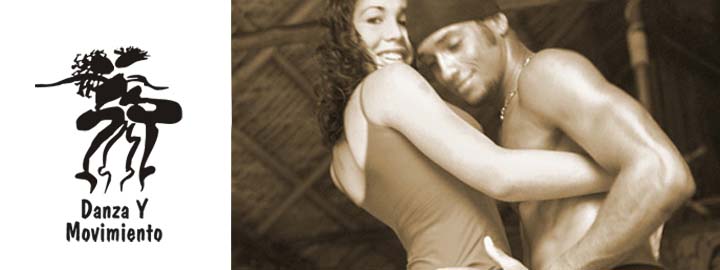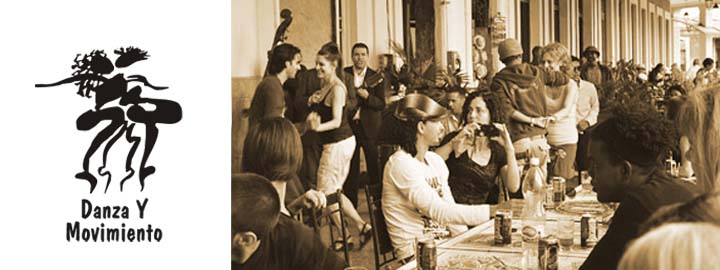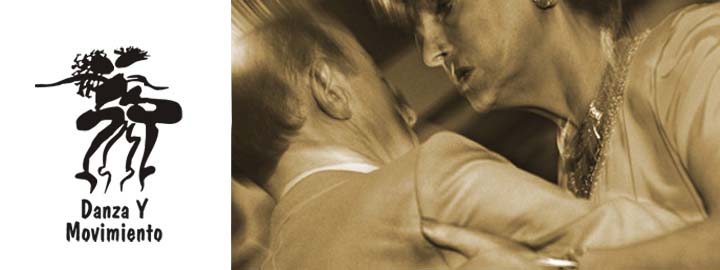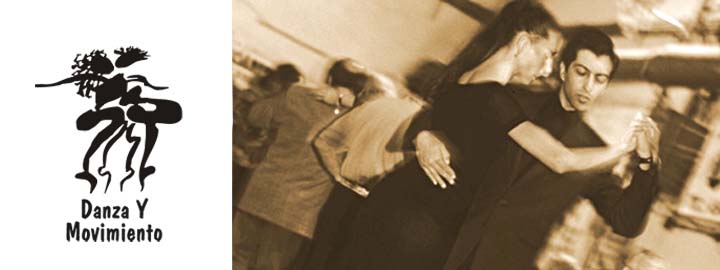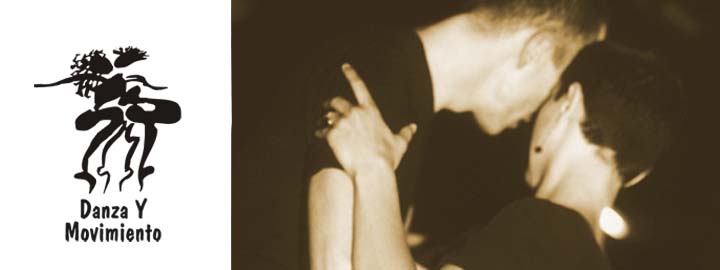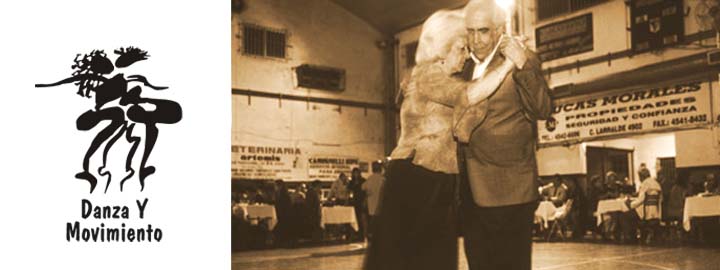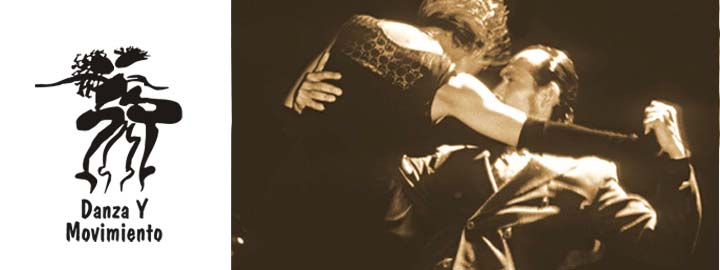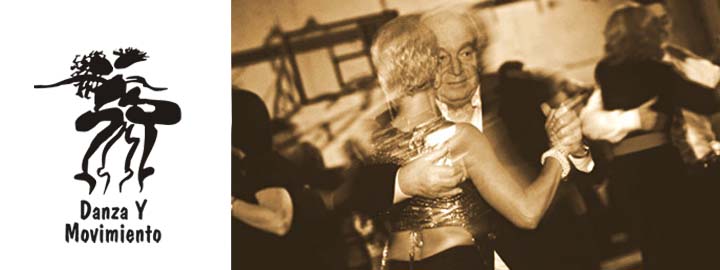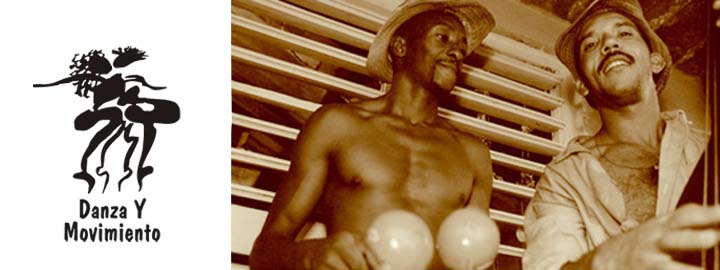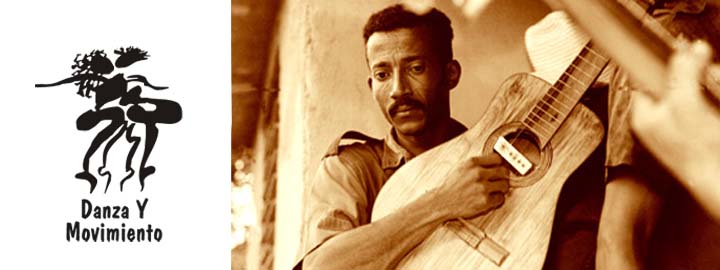Palmera - Autoren: Rivera, Blas
Blas Rivera Concert reviews and CD reviews always celebrate Rivera as the worthy heir of Astor Piazzolla (Tango) or Gary Mulligan (Jazz).
Listen to Blas Rivera, composer and saxofon player, introducing himself: "It all started a while ago, in a middle class neighborhood in Córdoba, when Argentina was going through some rough times: political agitation, labor strikes... I was six years old and only cared about playing ball games and going to school, wearing the traditional lab white coat. When I got back from school, I would eat something in the kitchen where my mom would be humming old tangos from the 20's. In the living room with my dad, I would listen to the valve radio playing jazz and classical European music. There's an undeniable influence from both of them in my career. So much that, when I was 14 and taking judo classes, my father won the lottery and spent all the money on a saxophone and an electric heater. The family pride. After that, I got accepted by the music conservatory where there was no space for the saxophone. For five years I received a very strict training. They demanded total dedication and devotion to classical music. Because of that, during the 'siestas', my friends and I would hide on the rooftop of my house to enjoy popular chords, cigarettes and forbidden magazines. For quite some time I spent my life between the horn and the movies, an overwhelming passion that also influenced my music. It couldn't have been any other way. My uncle got me my first job at his movie theater in the countryside, I was a "people counter", kind of like a human turnstile. I went to college for five years to study music and at the end I found myself in a contradictory situation: the erudite musicians thought of me as a popular musician and the popular ones thought of me as erudite. The unity conceived in my childhood bothered those who had their music style all figured out. After college I became a piano player at a ballet school where I began to think more deeply into an unconscious idea: my job was to make music for the classes and create an involving atmosphere for the dancers, doing for them something that their teacher couldn't do, which was to show them that the body's movement and rhythm weren't just mechanical. After that experience and some recognition I decided to write a thesis about symphonic ballet. Following that I went to Boston, where I specialized in music for films, movement and image. 10º degrees Fahrenheit, seven dollars in my pocket. I went through some hard times in that city. The OAS scholarship fund for studies abroad was converted to buy weapons that rusted in the Malvinas Islands. And besides going to Berklee I also had started classes at the New England Conservatory. I worked as a doorman at the building I lived in and I started to see the occult side of the United States: illegal immigrants living in awful conditions, thieves and urban violence. I studied for my classes at the lobby, where I spent most of the day. The New England Conservatory was the second most expensive school in the United States, so I had a chance to interact with people from all social classes and go to parties in huge mansions. And that's how I, living day by day in that urban dichotomy, developed what today seems to be unclassifiable for music critics. This thing I call my music."
For about ten years Blas is living in Rio de Janeiro.
Listen to Blas Rivera, composer and saxofon player, introducing himself: "It all started a while ago, in a middle class neighborhood in Córdoba, when Argentina was going through some rough times: political agitation, labor strikes... I was six years old and only cared about playing ball games and going to school, wearing the traditional lab white coat. When I got back from school, I would eat something in the kitchen where my mom would be humming old tangos from the 20's. In the living room with my dad, I would listen to the valve radio playing jazz and classical European music. There's an undeniable influence from both of them in my career. So much that, when I was 14 and taking judo classes, my father won the lottery and spent all the money on a saxophone and an electric heater. The family pride. After that, I got accepted by the music conservatory where there was no space for the saxophone. For five years I received a very strict training. They demanded total dedication and devotion to classical music. Because of that, during the 'siestas', my friends and I would hide on the rooftop of my house to enjoy popular chords, cigarettes and forbidden magazines. For quite some time I spent my life between the horn and the movies, an overwhelming passion that also influenced my music. It couldn't have been any other way. My uncle got me my first job at his movie theater in the countryside, I was a "people counter", kind of like a human turnstile. I went to college for five years to study music and at the end I found myself in a contradictory situation: the erudite musicians thought of me as a popular musician and the popular ones thought of me as erudite. The unity conceived in my childhood bothered those who had their music style all figured out. After college I became a piano player at a ballet school where I began to think more deeply into an unconscious idea: my job was to make music for the classes and create an involving atmosphere for the dancers, doing for them something that their teacher couldn't do, which was to show them that the body's movement and rhythm weren't just mechanical. After that experience and some recognition I decided to write a thesis about symphonic ballet. Following that I went to Boston, where I specialized in music for films, movement and image. 10º degrees Fahrenheit, seven dollars in my pocket. I went through some hard times in that city. The OAS scholarship fund for studies abroad was converted to buy weapons that rusted in the Malvinas Islands. And besides going to Berklee I also had started classes at the New England Conservatory. I worked as a doorman at the building I lived in and I started to see the occult side of the United States: illegal immigrants living in awful conditions, thieves and urban violence. I studied for my classes at the lobby, where I spent most of the day. The New England Conservatory was the second most expensive school in the United States, so I had a chance to interact with people from all social classes and go to parties in huge mansions. And that's how I, living day by day in that urban dichotomy, developed what today seems to be unclassifiable for music critics. This thing I call my music."
For about ten years Blas is living in Rio de Janeiro.
